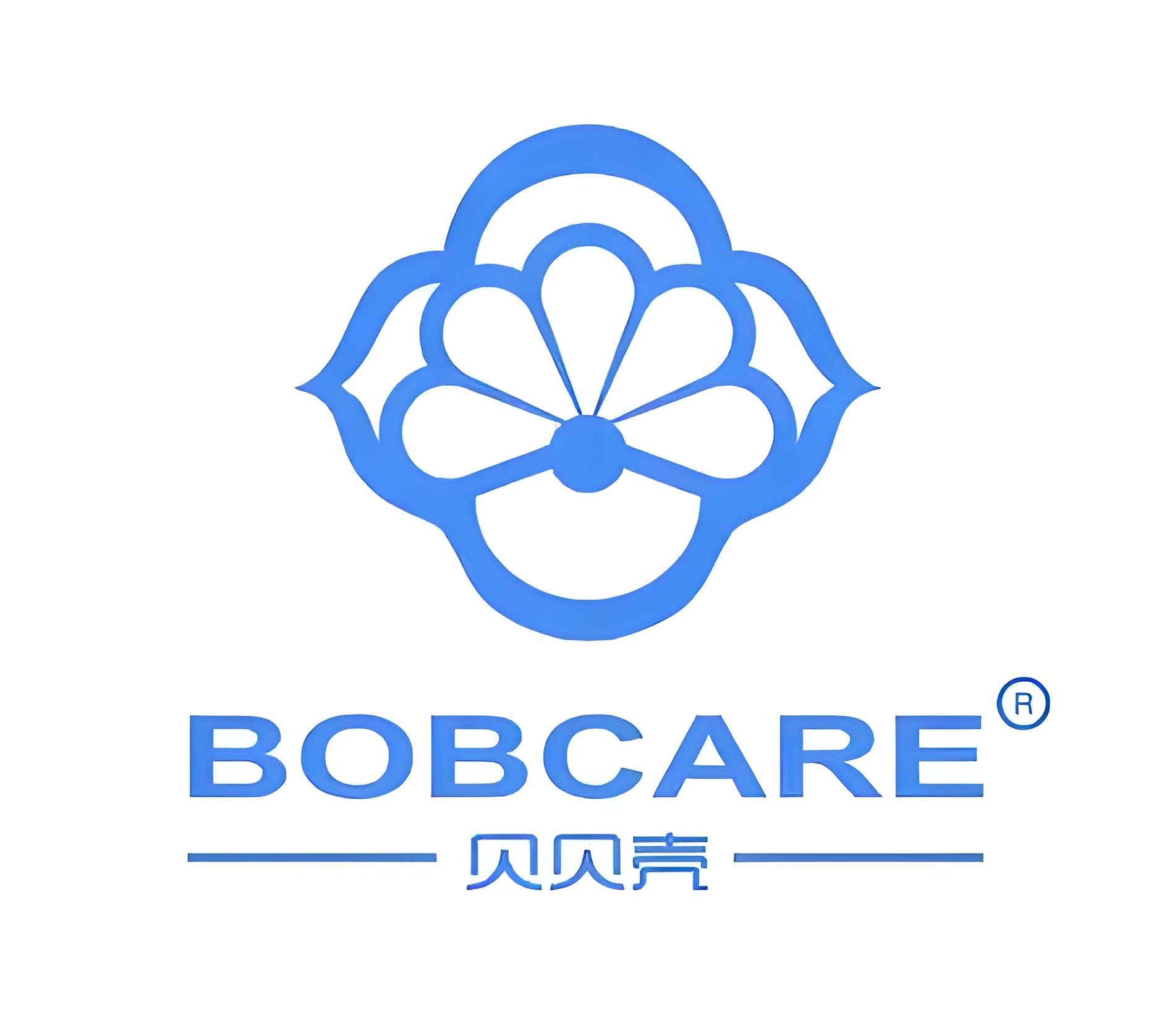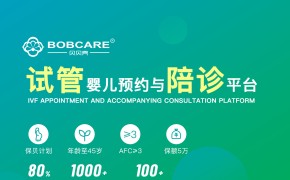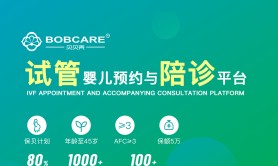The Risk of Becoming an Egg Donor Becoming an egg donor is a significant decision with potential physical, emotional, and psychological risks. While many wo……
The Risk of Becoming an Egg Donor
Becoming an egg donor is a significant decision with potential physical, emotional, and psychological risks. While many women undergo the process safely, it’s crucial to be fully informed before proceeding. Understanding these risks is paramount to making a responsible and informed choice.
Physical Risks:
-
Ovarian Hyperstimulation Syndrome (OHSS): This is a serious complication, ranging from mild discomfort to life-threatening consequences. OHSS occurs when the ovaries become overstimulated by fertility medications, leading to swelling, pain, and fluid buildup. Severe OHSS requires hospitalization and can cause blood clots, kidney failure, and even death. The risk of OHSS increases with age and the number of eggs retrieved.
-
Infection: There’s a risk of infection at the puncture site during egg retrieval, a minor surgical procedure. While rare, infections can range from mild to severe and may require antibiotics or further medical intervention.
-
Medication Side Effects: Fertility medications used to stimulate egg production can cause side effects like bloating, nausea, mood swings, headaches, and ovarian cysts. These side effects are typically temporary, but can be uncomfortable.
-
Complications from Egg Retrieval: The egg retrieval procedure itself, though generally safe, carries a small risk of complications such as bleeding, damage to internal organs, or anesthesia-related issues.
-
Long-Term Fertility Impacts: While not definitively proven, some studies suggest a potential, albeit small, increased risk of premature ovarian failure or decreased ovarian reserve in future pregnancies following egg donation. More research is needed in this area.
Emotional and Psychological Risks:
-
Emotional Distress: The hormonal changes associated with fertility medication can significantly impact mood and emotions. Some women experience anxiety, depression, or emotional instability during and after the process.
-
Regret: Some donors experience regret later in life, particularly if their circumstances change or they develop a stronger desire to have their own biological children.
-
Attachment Issues: The process can create strong emotional ties to the resulting child(ren), potentially leading to complex feelings of attachment and loss, especially if there is limited or no contact with the recipient(s).
-
Impact on Relationships: The physical and emotional demands of egg donation can strain relationships with partners, family, and friends.
Important Considerations:
Before making a decision, potential egg donors should thoroughly discuss these risks with their doctor, a fertility specialist, and a counselor experienced in reproductive issues. It’s vital to obtain comprehensive information and carefully weigh the potential benefits against the potential risks. The decision to become an egg donor should be a well-considered and fully informed one.


 微信扫一扫
微信扫一扫 






还没有评论呢,快来抢沙发~